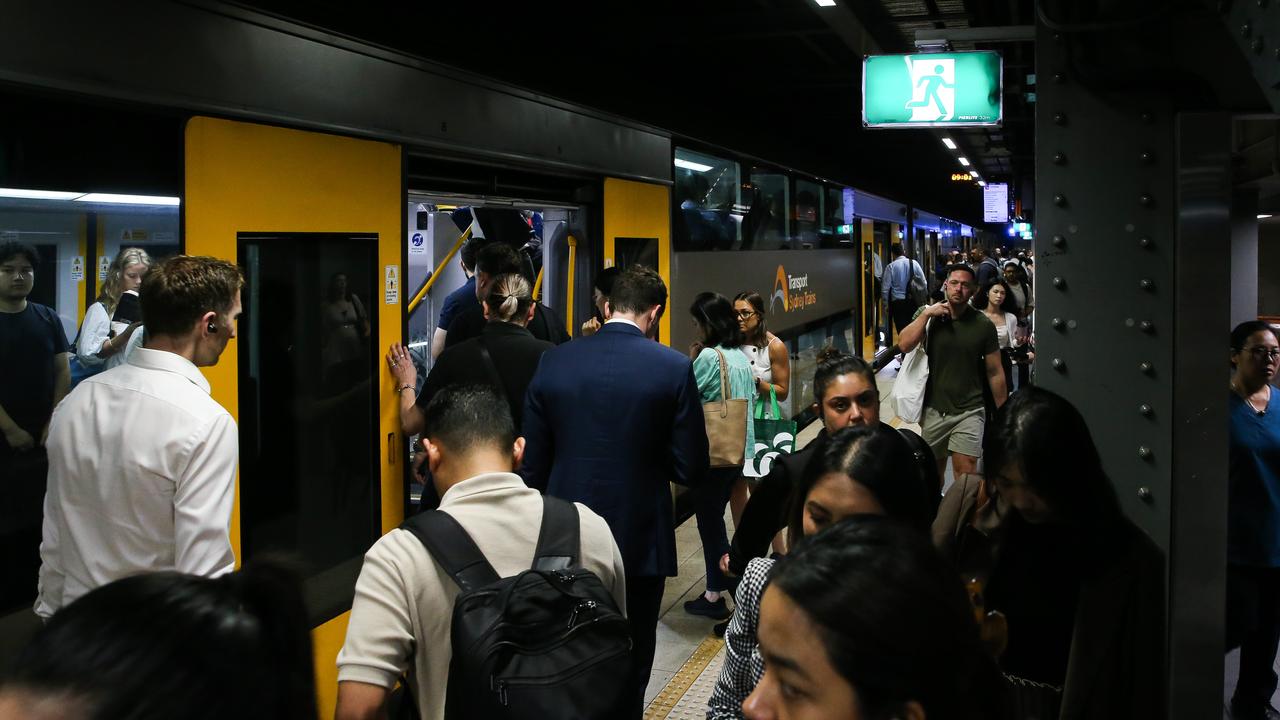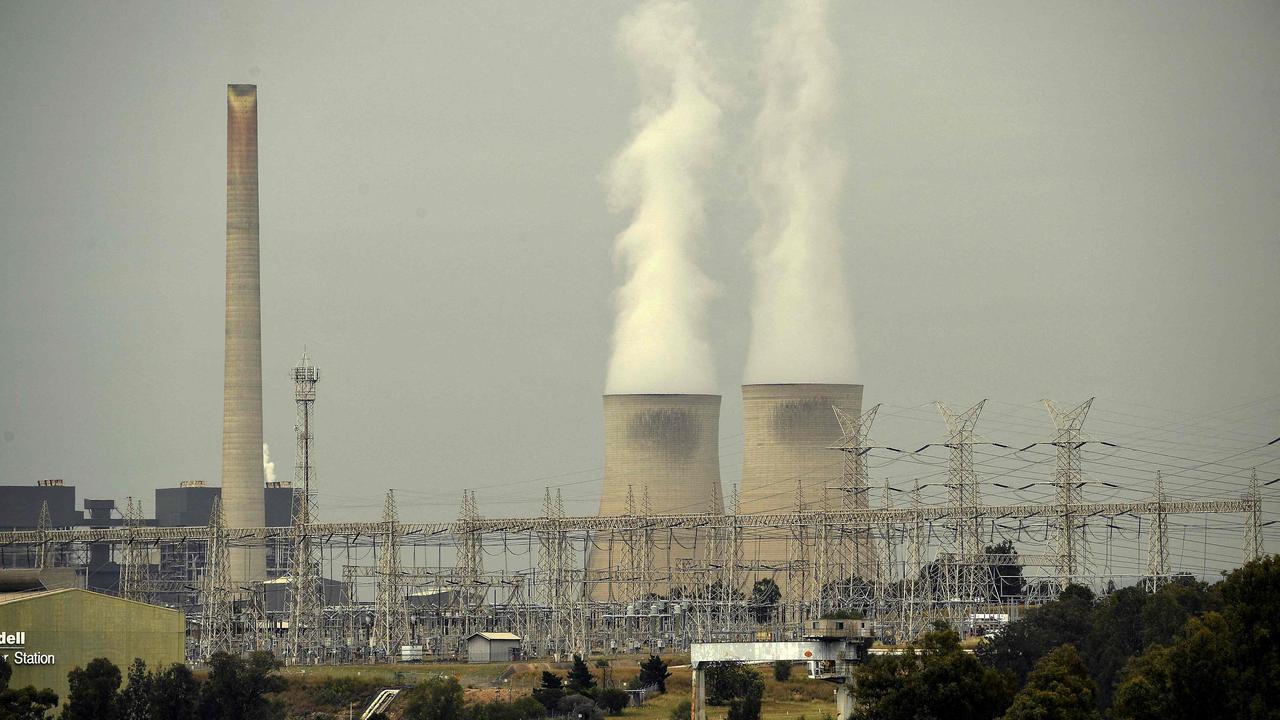Tasmania allocates funds for Gonski reforms despite not yet signing a deal
Tasmania has committed to funding the Gonski reforms in its budget, despite Lara Giddings's insistence she has not yet formally agreed to any deal.
THE Tasmanian government has committed to funding the national Gonski education reforms in its budget, despite Premier Lara Giddings's insistence she has not yet formally agreed to any deal.
Tasmania's budget allocated $83 million over the next four years as the state's contribution to implement the reforms advocated by the Gonski Report.
"It is our intention that Tasmania will sign up to the Gonski reforms, [although] we are still negotiating the final details of our agreement with the commonwealth," Ms Giddings told parliament.
Ms Giddings said Tasmania had to lift its game if its children were to be ready for the new jobs and skills required in a rapidly changing global economy.
"The Gonski reforms are critical; we know we need to do better to match other states in national measures of educational performance," Ms Giddings.
In another major budget announcement, the Tasmanian government has scrapped payroll tax for five per cent of its medium-sized businesses.
The annual threshold above which businesses must pay payroll tax will be lifted from $1 million to $1.25 million from July, letting 130 businesses completely off the tax hook.
The remaining 2250 enterprises and companies in Tasmania that pay payroll tax will each save between $4000-$14,000 a year from the higher tax trigger.
The decision to reduce the payroll tax burden on business - which will cost the government about $10 million in foregone revenue annually - was flagged by Ms Giddings as a key initiative to stimulate jobs growth in the lead-up to next year's state election.
It gives Tasmania the most generous payroll tax-free threshold in Australia. In the current financial year, payroll tax contributed $310 million to the state's coffers; in 2013-14 this revenue will fall back to $303 million.
But, assuming the tax concession encourages employers to hire 850 new workers - the number of jobs Ms Giddings has pledged to create in her latest Tasmanian Jobs Package in the next 18 months - payroll tax payments to the state government are tipped to jump back to $318 million by 2014-15.
The $7000 First Home Owners Grant is also to be abolished from July next year on established homes.
While first-time homeowners will still be eligible for the grant if buying new houses or house-and land- packages, the tighter criteria will save the government $11 million a year, more than offsetting its payroll tax changes.
Other big boosts to government revenue were found by increasing the cash dividend and tax-take from Tasmanian state owned companies and businesses by $97 million or 42 per cent.
Next year $330 million of dividends and tax equivalents will be gouged from companies such as Hydro Tasmania, Aurora Energy and Transend compared to $233 million this year.
Hydro Tasmania will bear the brunt of the cash calls, contributing $193 million to public revenue, up from $125 million in 2012-13.
In a lean budget, new spending splurges were few and far between.
Modest new initiatives included $4.5 million to train 25 new police recruits, after a three year halt in police training.
A new Asia Institute will be established at the University of Tasmania - at a cost to the taxpayer of $200,000 a year - in a bid to improve the cultural and economic awareness of Tasmanians to Asia and its opportunities.
The was also $1 million extra for tourism marketing, funds to develop new "Tasmanian Gourmet" food branding and a further $3.2 million to augment the recent $30 million rejuvenation of the historic Tasmanian Museum and Art Gallery in Hobart.
The premier has also extended eligibility for cheap electricity concessions to asylum seekers living in the Tasmanian community on bridging visas and in community detention.
Concessions to its Greens' power-sharing partners in government included more public buses in inner Hobart, $1 million for new bike paths, and $400,000 for climate change adaptation and $400,000 as a "Lesbian, Gay, Bisexual, Transgender and Intersex" grant.
Sports fans were well catered for, with $15 million for the redevelopment of Bellerive Oval, $200,000 for Netball Tasmania, $600,000 to upgrade the Silverdome velodrome and $100,000 to build a life-size memorial statue of local football legend, the late Darrel Baldock.
There was also $440,000 extra funding for the horse racing industry, $400,000 for more rural breast screening clinics and $6 million subsidy to save the West Coast Apt mountain railway.
Unexpected expenditure affecting the Budget included $22 million last year for fighting the devastating southern Tasmanian bushfires and subsequent community recovery costs, with a further $8.3 million budgeted for recovery in 2013-14.
Tasmania's fragile new Forests Agreement will also cost the state $17.4 million next year and $17.3 million in the following three years, as its contribution to $220 million, mainly federally-funded, peace deal.
Total government expenditure for 2013-14 is estimated to be $5059 million, slightly higher than this year's $5032m spending bill.
The salaries of the Tasmania's large number of public servants, teachers and nurses cost taxpayers $2047m last year, or 42 per cent of total budget outlays.
Salary costs are forecast to keep rising to $2110m in the 2013-14 financial year and $2126 the year after, despite thee government's austerity drive.


